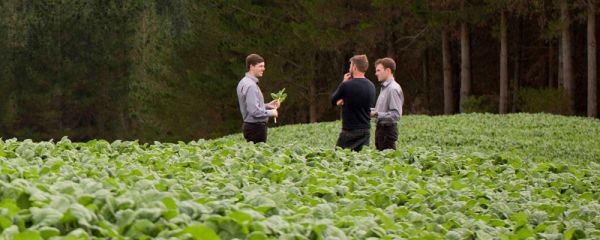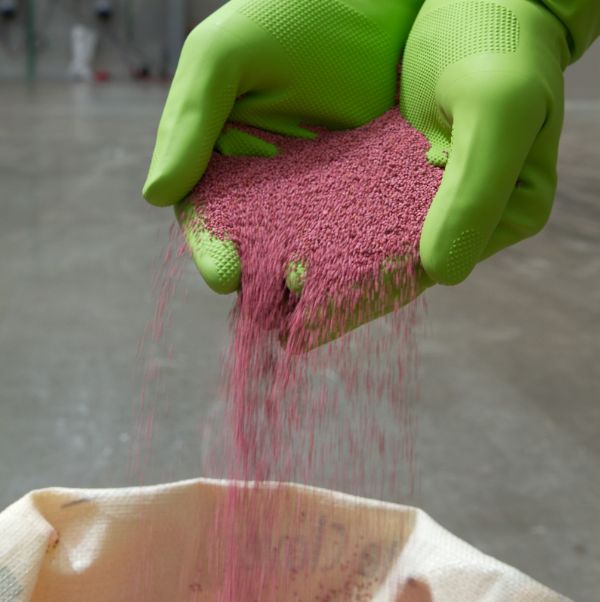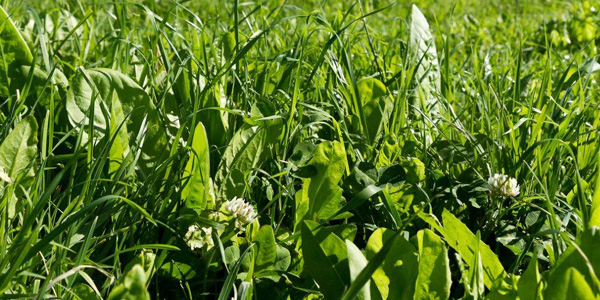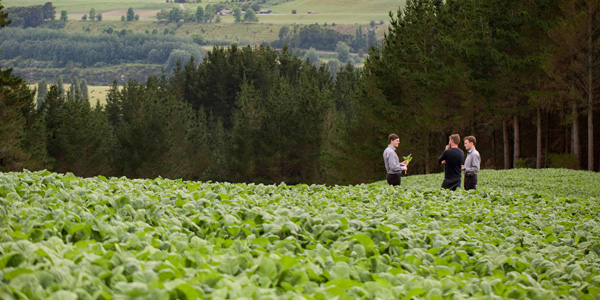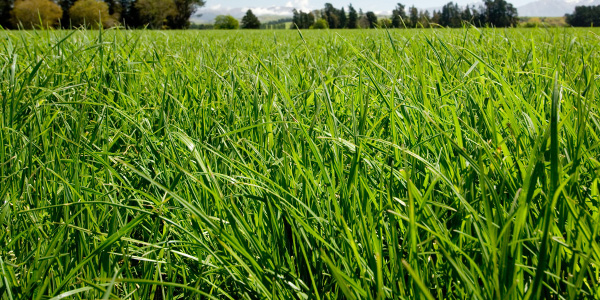
SEED TREATMENT
SEED TREATMENT
Seedling Protection
Insecticide
Insecticides included in seed treatment products are typically systemic in terms of their transmission, protecting seedlings during the first six weeks of establishment to the point where plants are in a much better position to withstand pest attack. It is also at this point where novel endophytes in some ryegrass cultivars begin to take over as the long-term plant protection mechanism.
Systemic insecticides offer a very effective mode of action, providing both anti-feeding and knock-down effects against target insects, protecting the plant above and below ground (see Figure 35 below).
It is important to note that some pests will not be controlled by seed treatments such as slugs and black field crickets, hence the need to incorporate other forms of pest control into the reseeding programme. Also, when a target pest population is high (e.g. springtail), an additional form of pest control such as a foliar applied insecticide may be required to support the protection provided by seed treatment.
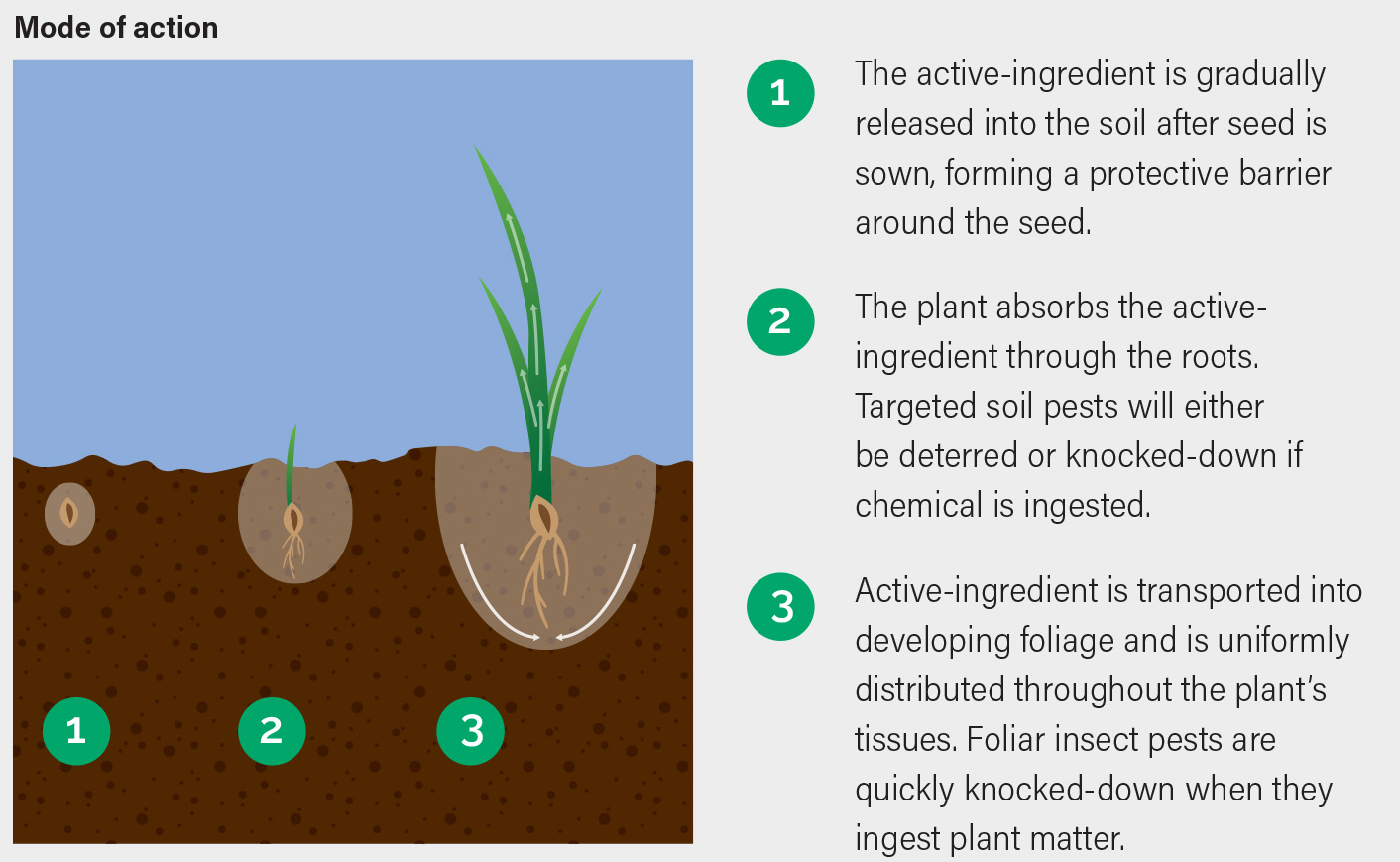
Fungicide
The fungicides in seed treatment products are typically contact in terms of their transmission, protecting seedlings in the first three to four weeks of establishment. The importance of fungicide protection is often undervalued with plant damage in many situations incorrectly identified as some other factor, such as nutrient deficiency or insect attack. Fungicides are very beneficial when cool, wet conditions are prevalent at planting, which can result in delayed germination and increased risk of fungal attack. When germination is delayed through soil moisture deficiency, the seed will remain protected by fungicide until it germinates.
Fungicides provide a knock-down form of protection during early seedling growth. Chemical-active ingredient is released into the soil after the seed germinates, protecting developing roots against soil-borne fungal pathogens. The active-ingredient also acts as a steriliser, ‘locking in’ the germination potential of a seed line by protecting against fungal pathogens on the seed.
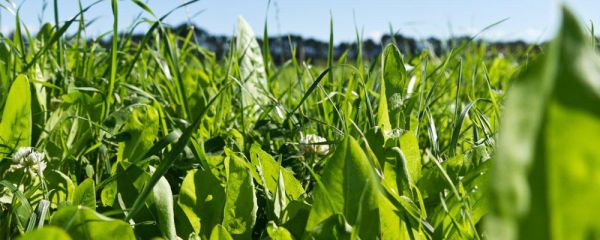
Our Range
VIEW PRODUCTS